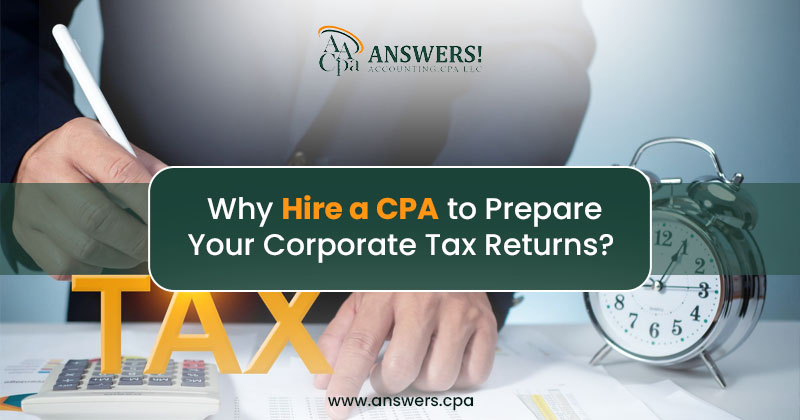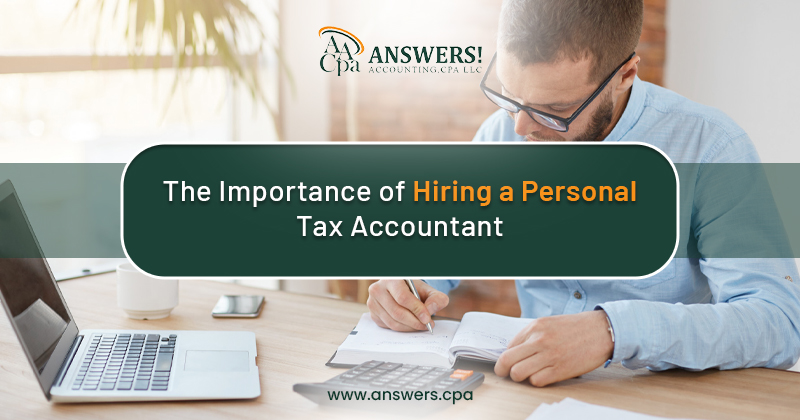Role of a Real Estate Tax CPA in Property Investments Returns
Are you navigating the complicated world of real estate investing? Do terms like "real estate tax CPA" and "CPA real estate" leave you stumped? Don't worry, because in this comprehensive guide, we'll demystify the art of finding the perfect real estate tax advisor. Whether you're a seasoned real estate mogul or just dipping your toes into the real estate market, this article is tailored to your needs. We'll walk you through the process, answer your burning questions, and make sure you find a real estate tax advisor who's the perfect fit for you.
What Is Real Estate Taxation?
Real estate taxation refers to taxes imposed on real estate and real estate transactions. These taxes can include property, capital gains, and even rental income taxes. Due to the complexity of real estate taxation, the expertise of a Certified Public Accountant (CPA) specializing in this area is required.
The Role of a Real Estate Tax CPA
In the dynamic world of real estate, financial matters can quickly become complicated and overwhelming. That's where a Real Estate Tax CPA comes in. In this comprehensive guide, we'll explain the critical role of a Real Estate Tax CPA, their responsibilities, and the reasons for hiring one for anyone involved in real estate transactions.
1. Tax Planning and Compliance
- Property Tax Assessment: Real Estate Tax CPAs help property owners understand how their property is assessed for tax purposes, ensuring they don't overpay.
- Capital Gains Tax: They assist in minimizing capital gains tax liabilities by strategizing the timing of property sales and identifying eligible exemptions.
2. Income Tax Management
- Rental Income: Real Estate Tax CPAs guide reporting rental income and deductions accurately to optimize tax benefits.
- 1031 Exchanges: They advise on 1031 exchanges, allowing investors to defer capital gains tax when reinvesting in another property.
3. Tax Deductions and Credits
- Identifying Deductions: Real Estate Tax CPAs are experts at identifying eligible deductions, such as mortgage interest, property expenses, and depreciation.
- Energy-Efficiency Credits: They help property owners take advantage of energy-efficient property tax credits.
Why You Need a Real Estate Tax CPA
Now you may be wondering why you need one. Well, the property tax rules aren't for the faint of heart. They're like a maze, and without a guide, you could miss out on significant tax savings or, worse, face an audit by the IRS. A Real Estate Tax CPA will make sure you're on the right track, maximizing your tax benefits while keeping you compliant.
1. Expertise in Real Estate Taxation Laws
Real estate tax laws are complex and subject to change. Real Estate Tax CPAs stay up to date with these changes, ensuring compliance.
2. Tax Savings
Their in-depth knowledge allows property owners and investors to legally reduce their tax liabilities, potentially saving significant amounts of money.
3. Risk Mitigation
Real Estate Tax CPAs help you avoid costly tax mistakes, audits, and penalties.
4. Time and Stress Savings
Your real estate tax matters to a CPA, you free up valuable time to focus on other aspects of your real estate ventures.
How to Choose the Right Real Estate Tax CPA
Navigating the complex world of real estate taxes can be daunting, especially for those unfamiliar with tax law. Working with a qualified real estate tax CPA can significantly reduce your tax liability and help you achieve your financial goals. However, choosing the right real estate tax advisor is critical to ensuring that you receive the best possible service and advice.
Here are some key factors to consider when choosing a real estate tax CPA:
1. Experience and Specialization
Look for a CPA with extensive experience in real estate taxation. They should have a deep understanding of the specific tax laws and regulations that apply to real estate transactions.
2. Reputation
Check for reviews and testimonials from previous clients. A reputable CPA should have a track record of satisfied clients who can vouch for their services.
3. Credentials
Verify the CPA's credentials, including licenses and certifications. Ensure they are qualified to provide tax advice in your state or region.
4. Compatibility
Choose a CPA you feel comfortable working with and who understands your specific real estate needs. Trust your instincts. A good working relationship is crucial for effective collaboration.
Conclusion
Navigating the complicated world of real estate taxation requires the expertise of a Real Estate Tax CPA. Their ability to minimize tax liabilities, ensure compliance, and provide peace of mind is invaluable to property owners, investors, and developers. When it comes to real estate taxes, hiring a CPA is a sound investment that can result in significant financial savings and a smoother financial journey in the real estate market.
Frequently Asked Questions (FAQs)
Q. What is the role of a Real Estate Tax CPA?
A Real Estate Tax CPA specializes in real estate taxation and financial matters. They help clients optimize their tax strategies, maintain accurate financial records, and ensure compliance with tax laws specific to real estate.
Q. Why should I hire a specialist CPA for real estate taxation?
Real estate investments come with unique tax implications, such as deductions, depreciation, and capital gains. A specialist CPA has in-depth knowledge of these complexities, helping you make the most of your investments.
Q. How can I find the right Real Estate Tax CPA?
To find the right CPA, assess your needs, verify credentials, check their experience in real estate, seek referrals, interview potential CPAs, discuss their fee structure, evaluate communication skills, and consider factors like accessibility and technology integration. Read reviews and trust your instincts in planning.
Q. What should I look for in a CPA's credentials?
Ensure the CPA is properly certified and licensed. Look for the CPA designation and verify their credentials with the relevant state board.
Q. Are there any red flags to watch out for when hiring a Real Estate Tax CPA?
Red flags include a lack of relevant experience, unclear fee structures, poor communication skills, and disciplinary actions or complaints on their record. Trust your instincts and choose a CPA with whom you feel comfortable and confident.








